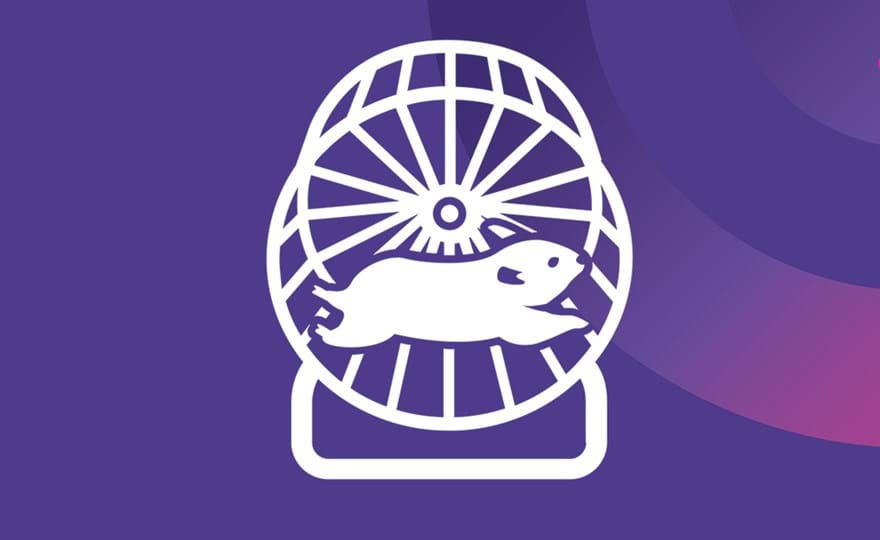Off the hamster wheel: health, wellbeing, and creativity for a post-pandemic world
Dr. Steven P. MacGregor
I went downstairs, feeling just a little less guilty than the day before. Opening and then locking the gate behind me I snatched another glance around to look for the police. No-one. Good. I then ran for 20 minutes. Each loop lasted no more than 1 minute so about 20 loops was the norm, around 5.5km. The boredom and dizziness had decreased in the past few days but I still felt like a hamster on a wheel.
This was my daily exercise regime at the start of lockdown last year at home in Barcelona. For 6 long weeks no-one was allowed to leave the house save for essential food shopping once a week or medical provisions. No outdoor exercise was permitted. As a lifelong athlete with exercise playing a huge role in my overall health and wellbeing, I faced a dilemma. And so I used the community space that many apartment buildings in Spain have as my private prison yard. I got creative.
The result, incredibly, was that I became fitter than at any point in the past 7 years. There had been no limit to where I exercised, or for how long, in that time. I have international experience and have trained with Olympic track athletes and Tour de France cyclists. That hamster wheel, representing huge constraints, forced me to get creative and resulted in bigger impact.
Steve Jobs talked of the power of constraints and the value of a reduced solution space. He said, “Innovation has nothing to do with how many R&D dollars you have. When Apple came up with the Mac, IBM was spending at least 100 times more on R&D.” So how may you look at the present constrained world to flex your own creative muscle?
As talk of health and wellbeing is gaining pace, in both our working and non-working lives, its impact on creativity is fascinating. The classic hierarchy of human needs by Abraham Maslow considers how basic human needs must first be satisfied before we can expect more advanced functions, including creativity, to flow. Simply put, if pandemic professionals are worried about job security or the safety of themselves or family members, it’s a huge ask to expect them to be creative at work.
It’s no wonder that psychological safety, already a hot business topic before the pandemic, has continued to accelerate. Leading organizations are doing all they can to increase a sense of belonging – allowing people to be themselves – and bring their whole, diverse selves, failings and all, to work. Everyone wins, creativity increases, and health and wellbeing has a huge part to play.
I’ve been banging the drum about the strong business case for health and wellbeing for almost 20 years, and creativity is a large part of that argument. Numerous studies show that exercise boosts a type of thinking called executive function – higher order thinking including creativity – which is also negatively impacted by a lack of sleep. As we continue to embrace the importance of exercise, sleep, and many other wellbeing dimensions, not just when the workday finishes, but integrated within the daily experience of work, creativity is sure to increase.
And that daily experience, both of working and non-working life, has changed beyond measure. Digital has been around for a long time but has been catapulted into the future during the pandemic as we at last begin to live a truly hybrid reality. Design, creativity and innovation will all be required to maximise the potential of the opportunities that digital affords us to improve health and wellbeing for all.
As we’re all forced off our own hamster wheel of our before-COVID lives, let’s put health and wellbeing at the centre of your new hybrid reality, and let creativity flourish.
Dr. Steven P. MacGregor
Honorary Professor of Health and Wellbeing at the Glasgow School of Art
Founder
thelabcn.com
Designing Sustainable Leadership Since 2007

